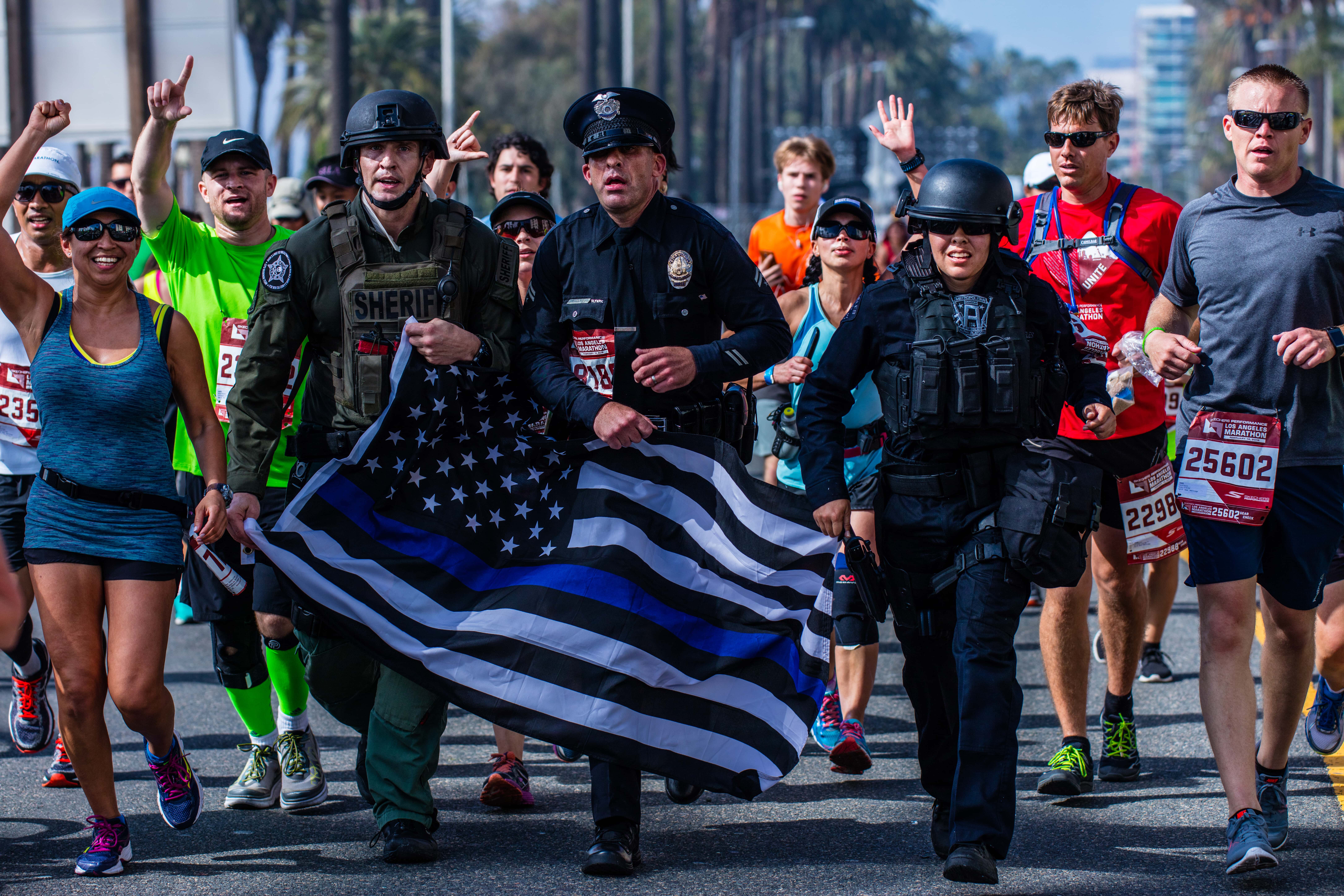The Electronic Communications Privacy Act (ECPA) passed by Congress back in 1986 requires police to obtain a subpoena issued without a judge’s approval to read remotely stored emails that have been opened or that are more than 180 days old. But the chair of the Senate Judiciary Committee, Patrick Leahy, doesn’t think that’s sufficient. He wants to “update” the act to require law enforcement to obtain a warrant before obtaining stored emails and other forms of electronic communication.
Leahy tried unsuccessfully late last year to attach his email privacy measure to a video deregulation bill, but Republicans blocked it due to concerns that the requirement would impede police investigations.
Technology companies such as Google are lobbying to change the law to require a search warrant before turning over content to law enforcement. Google said it gets about 1,400 requests a month from U.S. authorities for users’ emails and documents. It wants the content stored on cloud services to have the same legal protection as documents stored on a hard drive or in a filing cabinet. Twitter, meanwhile, reported that requests from governments worldwide for information about its users increased nearly 20 percent in the second half of 2012.
Sen. Chuck Grassley recently said, “While I agree with the business and privacy groups that there is merit to harmonizing the legal requirements for obtaining emails with a search warrant, we would be abdicating our duty if we did not examine the concerns raised by federal, state, and local law enforcement.”
If the act does indeed need revisions to reflect advances in technology over the past quarter century, such revisions need to be carefully considered so law enforcement agencies can continue to readily obtain the information they need to fight crime, and so investigations aren’t slowed or impeded. Senator Grassley may have said it best when he noted, “we should work to ensure we strike the proper balance between privacy and safety – just as we did in 1986 when we first passed ECPA.”
We invite you to share your thoughts by leaving a comment below.











